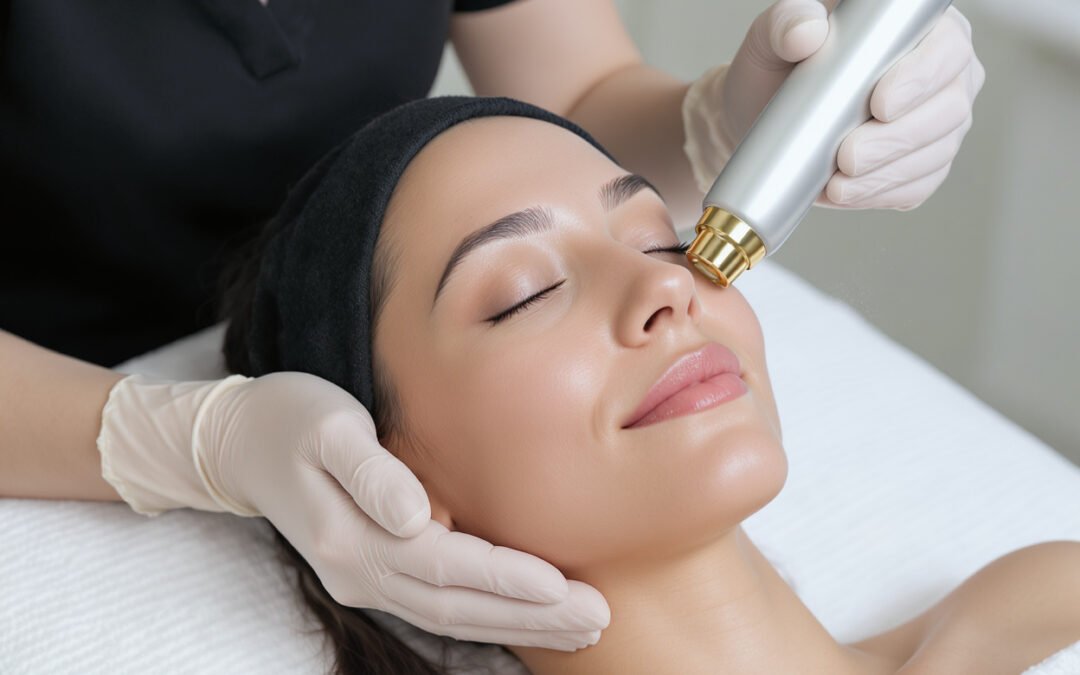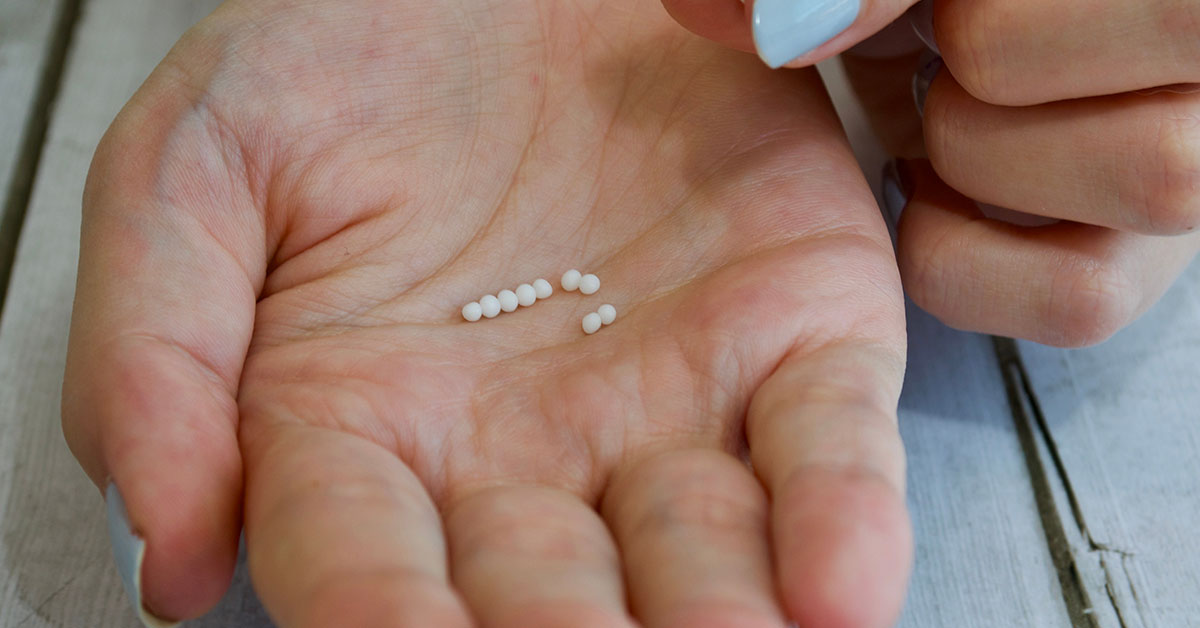
Unlocking Vitality: How to Naturally Elevate Your Testosterone Levels
TABLE OF CONTENTS
Unlocking Vitality: How to Naturally Elevate Your Testosterone Levels
Testosterone, often hailed as the "male hormone," is crucial for more than just physical strength or libido. It plays a significant role in various bodily functions, including mood regulation, energy levels, muscle mass, fat distribution, and bone density. Unfortunately, as men age, testosterone levels tend to decline, which can lead to a range of issues such as fatigue, decreased libido, increased body fat, and mood swings. However, there are several natural strategies one can adopt to help elevate testosterone levels and regain vitality.
Understanding Testosterone
Testosterone is produced mainly in the testes in men and the ovaries in women, with smaller amounts produced by the adrenal glands. While it is often associated with male characteristics, testosterone is also essential in women, impacting their energy, mood, and muscle health.
Why Testosterone Matters
Low testosterone levels can have profound implications for your overall well-being. Symptoms can include:
- Fatigue and decreased energy
- Reduced muscle mass and strength
- Weight gain and increased body fat
- Decreased sexual desire or erectile dysfunction
- Mood changes, such as increased irritability or sadness
Conversely, maintaining optimal testosterone levels is linked to better physical performance, improved mood, and overall enhanced quality of life.
Ways to Naturally Elevate Testosterone Levels
1. Prioritize Sleep
Quality sleep is imperative for hormonal balance. Studies show that insufficient sleep can lead to lower testosterone production. Strive for 7-9 hours of restorative sleep each night. Create a sleep-friendly environment by minimizing light, reducing screen time before bed, and maintaining a consistent sleep schedule.
2. Engage in Regular Exercise
Physical activity, particularly resistance training and high-intensity interval training (HIIT), has been shown to increase testosterone levels. Strength training stimulates muscle growth and hormonal secretion, making it one of the most effective ways to boost testosterone. Aim for at least 150 minutes of moderate-intensity exercise per week, including a combination of strength and cardiovascular workouts.
3. Optimize Nutrition
Diet plays a crucial role in hormone production. Focus on whole foods rich in nutrients that support testosterone production:
- Healthy Fats: Include sources of monounsaturated and saturated fats like avocados, nuts, olive oil, and coconut oil.
- Lean Proteins: Incorporate proteins from lean meats, fish, eggs, and legumes to support muscle growth.
- Zinc-Rich Foods: Zinc is essential for testosterone production. Foods like oysters, beef, spinach, and pumpkin seeds are excellent sources.
- Vitamin D: Sunlight exposure or supplementing with vitamin D can help maintain optimal testosterone levels.
4. Maintain a Healthy Weight
Obesity and excessive body fat have been linked to lower testosterone levels. By adopting a healthy lifestyle—through diet and exercise—you can achieve and maintain a healthy weight, which in turn supports testosterone production. Emphasizing whole, minimally processed foods and staying physically active is vital for this goal.
5. Manage Stress
Chronic stress elevates cortisol levels, which can negatively impact testosterone production. Incorporating stress-reduction techniques such as mindfulness, meditation, yoga, or deep-breathing exercises can lower cortisol, helping to maintain testosterone balance.
6. Limit Alcohol and Avoid Drugs
Excessive alcohol consumption and drug abuse can lead to decreased testosterone levels. Moderation is key; limit alcohol intake to moderate levels and steer clear of recreational drugs to support hormonal health.
7. Consider Natural Supplements
Certain supplements may play a role in boosting testosterone levels. Consult with a healthcare provider before starting:
- D-Aspartic Acid: Linked to increased testosterone production.
- Fenugreek: Some studies suggest it can improve testosterone levels and sexual function.
- Ashwagandha: An adaptogen that may reduce stress and enhance testosterone levels.
Final Thoughts
Elevating testosterone levels naturally requires a multifaceted approach that encompasses lifestyle changes such as improved diet, regular exercise, quality sleep, and stress management. The journey to optimal testosterone levels is not only about boosting performance but also about enhancing overall health and well-being. For men and women alike, investing in your hormonal health can lead to better energy, improved mood, and heightened vitality. As always, consult with a healthcare provider before making significant changes to your lifestyle or diet, especially if you suspect hormone deficiencies or related issues. Embrace these strategies and unlock the vitality that comes with balanced hormones!
Increasing testosterone levels can be beneficial for overall health, vitality, and well-being for both men and women. Testosterone plays a crucial role in various bodily functions, influencing muscle mass, mood, libido, and energy level. Here are ten effective strategies that can help boost testosterone levels naturally.
- Engage in Regular Exercise: Physical activity is one of the most effective ways to raise testosterone levels. Resistance training, particularly weightlifting, has been shown to have significant effects on testosterone production. High-intensity interval training (HIIT) is also effective. Both forms of exercise stimulate hormonal responses and can lead to increases in testosterone, especially when performed consistently.
- Optimize Your Diet: Nutrition is vital for maintaining hormonal health. Ensuring a balanced intake of proteins, healthy fats, and carbohydrates is essential. Foods rich in zinc (such as oysters, meats, and beans) and vitamin D (eggs, fatty fish, and fortified foods) are particularly important as they play a role in testosterone synthesis. Additionally, incorporating a variety of fruits and vegetables can provide essential vitamins and minerals necessary for hormonal balance.
- Get Enough Sleep: Sleep is often overlooked but is crucial for testosterone levels. Research shows that a lack of sleep can lead to a significant decrease in testosterone production. Aim for 7 to 9 hours of quality sleep per night. Establishing a consistent sleep routine, creating a relaxing bedtime environment, and avoiding screens before bed can help enhance sleep quality.
- Manage Stress Levels: Chronic stress results in elevated levels of cortisol, a hormone that can have a negative impact on testosterone. Implementing stress-reduction techniques such as mindfulness meditation, yoga, deep breathing exercises, or other relaxation methods can help lower cortisol levels, thereby potentially increasing testosterone. Taking time for hobbies and socializing can also provide stress relief.
- Maintain a Healthy Weight: Being overweight or obese can negatively affect hormone levels, including testosterone. Losing excess body fat, particularly around the abdomen, can help increase testosterone levels. A combination of regular exercise and a healthy diet is effective for weight management. Focusing on sustainable lifestyle changes rather than drastic diets is key for long-term success.
- Limit Alcohol Consumption: Excessive alcohol intake can lead to a decrease in testosterone levels. Moderation is essential; while occasional and moderate drinking may not have significant effects, heavy or chronic consumption can disrupt hormonal balance. Limiting alcohol can help optimize various aspects of health, including testosterone production.
- Stay Hydrated: Dehydration can adversely affect many bodily functions, including hormone production. Ensure you are drinking an adequate amount of water throughout the day. Proper hydration supports overall health, energy levels, and recovery after physical activity—all of which can contribute to maintaining healthy testosterone levels.
- Consider Natural Supplements: Certain supplements may help boost testosterone levels when combined with a healthy lifestyle. Some examples are ashwagandha, fenugreek, and DHEA. However, it’s important to consult a healthcare professional before starting any supplement regimen to ensure safety and appropriateness for your individual health needs.
- Limit Exposure to Endocrine Disruptors: Chemicals found in plastics, personal care products, and pesticides can interfere with endocrine function and hormone levels. Reducing exposure to these substances by using glass or stainless steel containers, opting for natural personal care products, and choosing organic foods when possible can help support hormonal health.
- Seek Medical Advice if Necessary: If you suspect you have low testosterone levels, consider consulting a healthcare provider. They can perform the necessary tests to determine your hormone levels and discuss potential treatment options, including lifestyle modifications or medical interventions. Remember that testosterone therapy may not be necessary for everyone, and addressing underlying health issues might be a more suitable approach.
By implementing these strategies, individuals can work toward increasing testosterone levels naturally, leading to improved health and well-being. Balancing physical activity, nutrition, sleep, and managing stress will contribute positively to hormonal health, making a significant difference in one’s quality of life.






